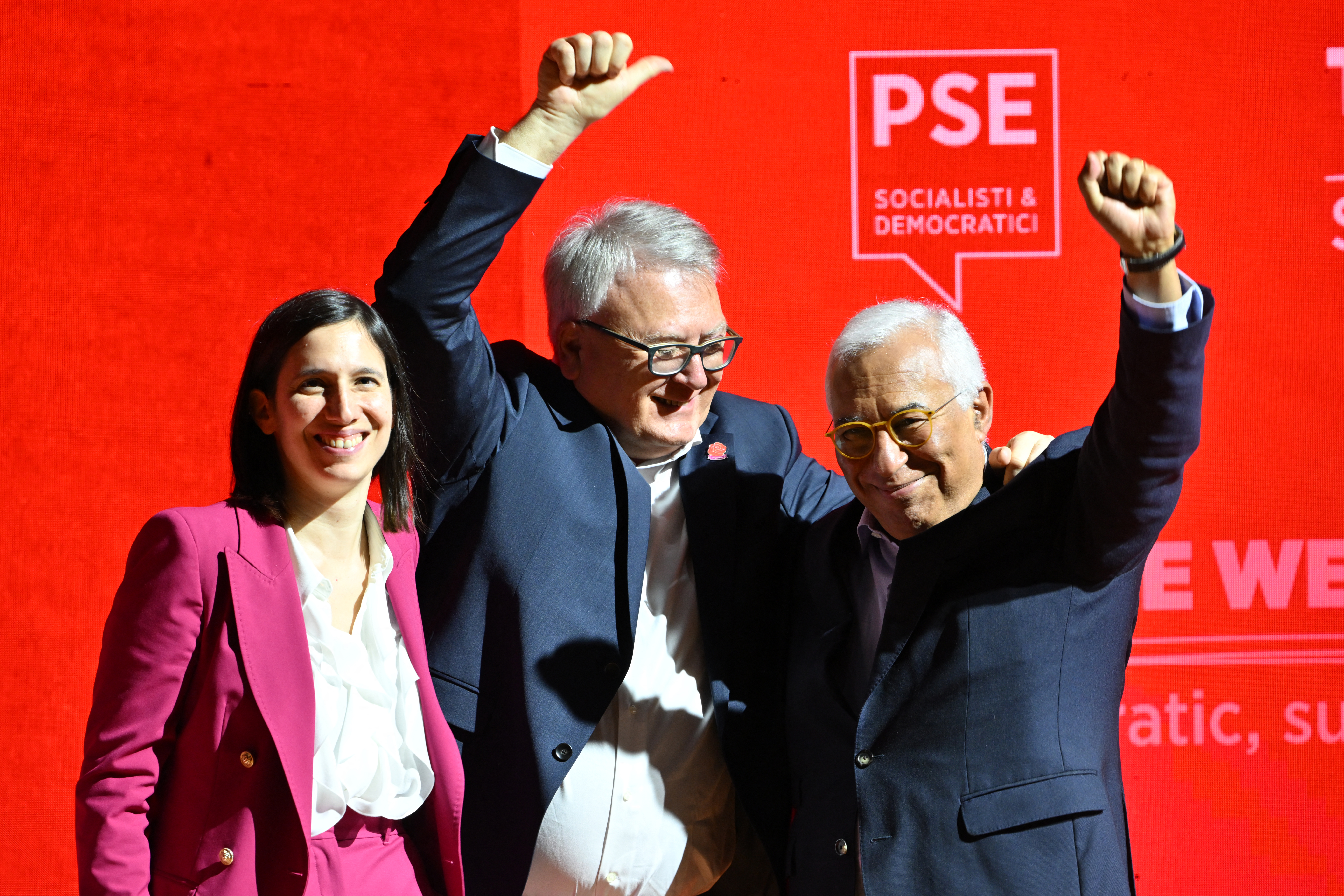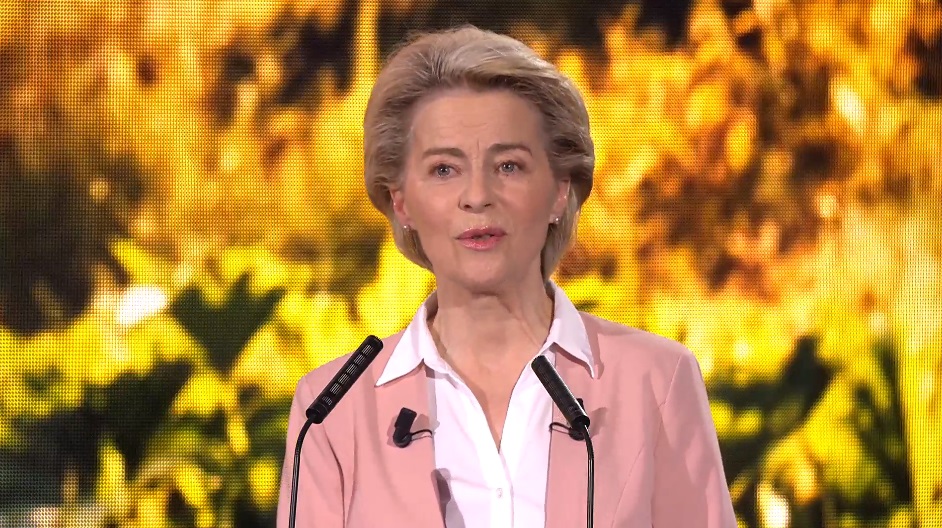Brussels – An obvious statement, but that casts doubts on whether Elly Schlein actually believes it: “We are here to win the next European elections with our candidate, in the hope that Nicolas Schmit will become the next president of the European Commission,” the Dem secretary said at a press point in Brussels.
A scenario that, for now, seems like an optical illusion: early surveys ahead of the June elections show a stable European People’s Party in the first place, with over twenty seats more than the Social Democrats. Ursula von der Leyen’s re-candidacy to head the EU executive seems like the most likely outcome in Brussels, even if she did not receive a landslide consensus at the People’s Congress.

In the European Parliament for a series of meetings with leaders of the political family of European progressives ahead of the summit of heads of state and government of the 27 Member States, today (March 21) and tomorrow, Schlein prefers to pass the hot potato to the EPP: “I am very concerned about the slide to the right. I ask the Populars if they intend to betray their own roots and political culture by continuing to chase the far right on this very dangerous ground for Europe,” she attacked.
The European center-right has taken off its mask when speaking of migration management and the Green Deal and is now winking toward more conservative groups. “The right is blowing on the fear of changes that it cannot stop anyway,” the PD secretary said. On the green transition, Schlein speaks of “putting resources to accompany farmers fatigued by the crisis in the sector, taking small and medium-sized enterprises, workers frightened by these changes by the hand.” Then she deals the blow: “It is not by denying them as the right and the Populars are doing that we solve the problems of those businesses and those farmers.”
And then the migration issue, starting with the very current 7.4 billion euro Memorandum that von der Leyen signed, accompanied by Giorgia Meloni, with Al-Sisi’s Egypt. Another example of “agreements with governments that do not respect human rights for the security obsession of stopping departures,” as the PD leader called it, all the farther from the “values of European solidarity” on which the Union is founded. Meloni is accused of “giving up on passing the principle that those who arrive in Italy arrive in Europe,” of having dismissed the debate on the “unfair Dublin rules” and secondary movements: “It is not a conquest as she (Meloni, editor’s note) says; it is a surrender because she is dominated by her nationalist allies like Orban.”

Egged on by the press, Schlein throws another stone on the reform of the Stability Pact. In the apparent incoherence between the PD’s announced opposition to the text and the endorsement of its strongman in Brussels, EU Economy Commissioner Paolo Gentiloni, the key is once again “a Meloni government that is completely absent from negotiations,” which has passively “taken note of choices made by other EU governments that we consider harmful to our country.” The opposition leader stressed that the PD “has always defended the Commission’s proposal brought forward by Gentiloni,” which ensures “the right flexibility” according to the peculiarities of countries. But “strict quantitative parameters on deficit and debt” have re-surfaced in negotiations among member states, essentially taking the stability pact “back to the pre-Covid period.”
The latest arrow in Schlein’s bow is almost an own goal: the leader pushes the ESP and its spitzenkandidat, the current EU Labor Commissioner Nicolas Schmit, and claims the proposal of the directive “to say no to free traineeships,” a battle the Social Democrats have long insisted on in the European Parliament. But in reality, the proposal presented by Schmit is far from what the European Parliament is asking for and does not provide for compulsory wages. It merely promotes “quality” traineeships and recommends “fair remuneration for trainees.” Leaving a lot of room for member states and explaining that otherwise, some companies might use contracts for traineeships (lower anyway) over those for employment regulated by national laws or union bargaining.
English version by the Translation Service of Withub
![[foto: Wikimedia Commons]](https://www.eunews.it/wp-content/uploads/2024/03/Training_Facility-350x250.jpg)





